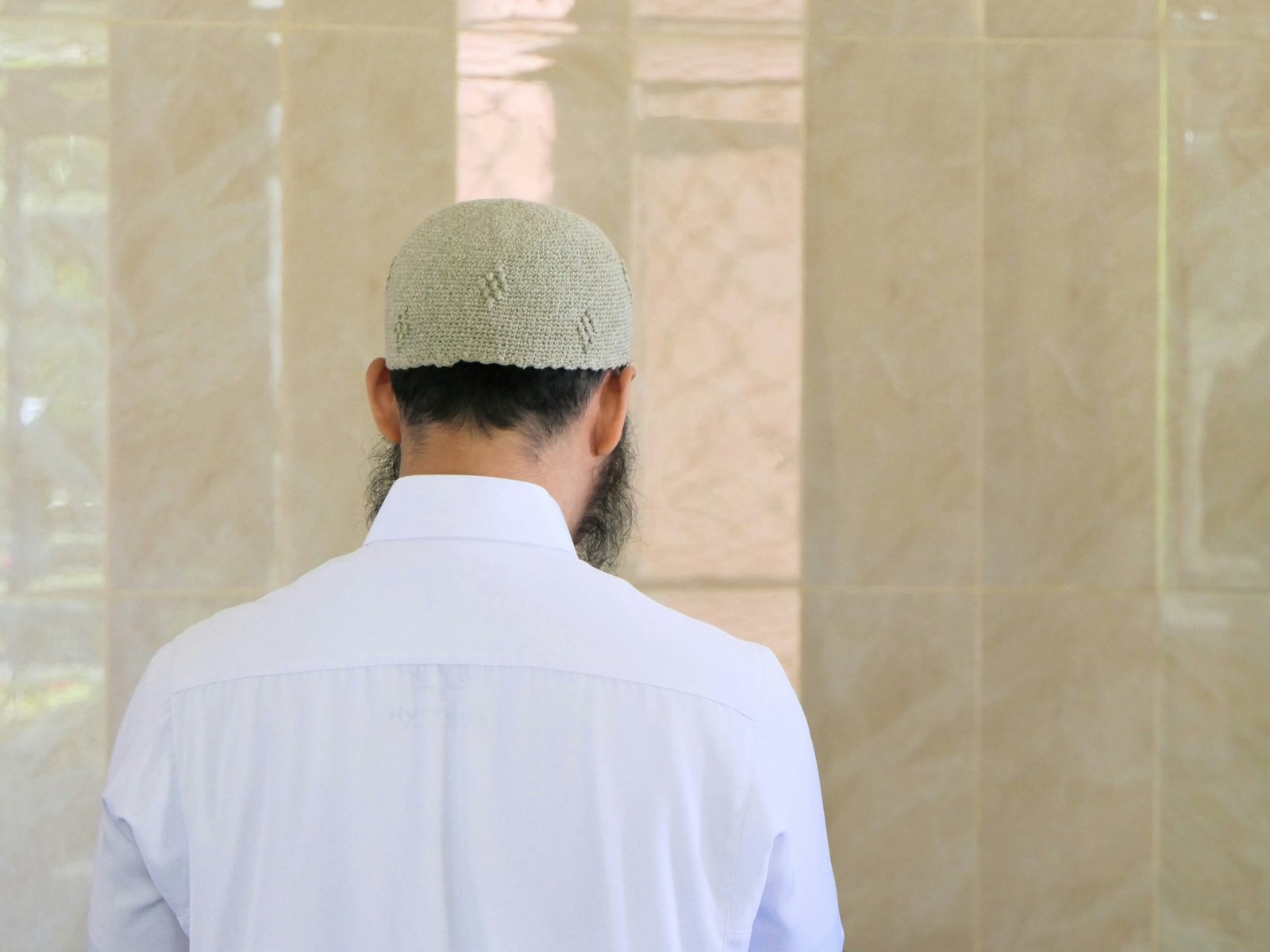Introduction to the Rulings of Prayer
Prayer (Salah) is one of the most important acts of worship in Islam, and every Muslim is obligated to observe it regularly. Islamic Sharia has laid out clear rulings regarding how prayer is performed, including its pillars and obligations. In this article, we will explore general fatwas related to the rulings of prayer.
Pillars and Obligations of Prayer
The rulings of prayer are divided into pillars (arkan) and obligatory acts (wajibat). The pillars are essential elements such as: intention (niyyah), the opening Takbir (Takbirat al-Ihram), and standing (qiyam). These must be observed correctly for the prayer to be valid. On the other hand, obligations include actions like tranquility (sukoon) and humility (khushu‘). A worshiper must observe these pillars properly to ensure that the prayer is accepted by Allah, as they form the foundation for its validity.
Special Rulings Regarding Prayer
There are numerous fatwas addressing different prayer-related situations. For example, it is permissible to pray in mosques or homes, but what about praying in public spaces? The permissibility often depends on the individual’s intention and surrounding circumstances. Fatwas also discuss praying during prohibited times, such as at sunrise and sunset. It is essential for every Muslim to stay informed of new rulings and fatwas to ensure their worship aligns with Islamic teachings.

